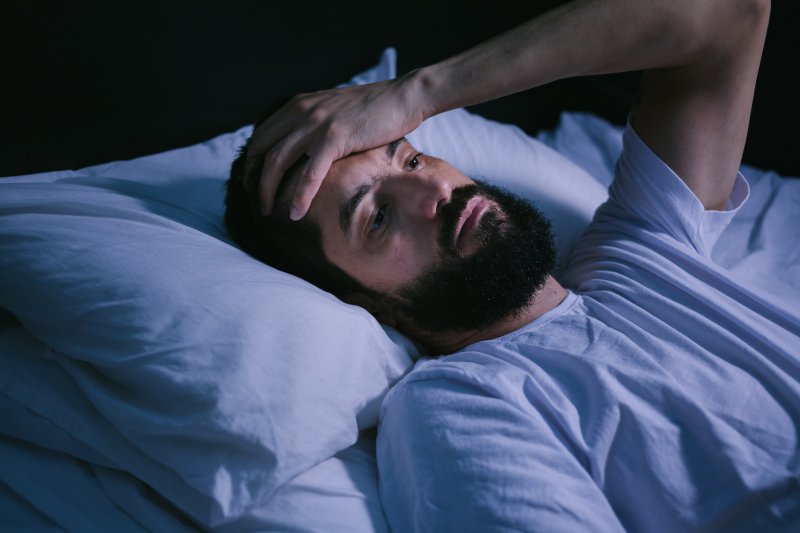
Millions of Americans suffer from sleep apnea. It’s a common sleep disorder that causes people to experience frequent pauses in their breathing that last ten seconds or more. However, did you know that the majority of all those affected are undiagnosed? That’s mainly because there are several misconceptions about the disorder, preventing people from getting a diagnosis and seeking treatment. Luckily, we’re here to put those inaccuracies to rest. Read along as we debunk five common sleep apnea myths.
Sleep Apnea Is Just Snoring
Even though loud snoring is one of the hallmark symptoms of sleep apnea, it doesn’t necessarily mean you have the disorder. Snoring is caused by the vibrations of soft throat tissues and the airway, indicating that air is having trouble moving in and out of the lungs. Therefore, it’s entirely possible to be a snorer and not have sleep apnea. It’s important to look for other warning signs of the disorder, such as:
- Daytime drowsiness
- Frequent waking throughout the night, possibly gasping or choking
- Falling asleep frequently when tired or bored
- Chronic daytime fatigue after 7-9 hours of sleep
It’s No Big Deal
Since patients with sleep apnea frequently wake throughout the night, they often miss out on getting a full night of rest. Unfortunately, all these sleep breaks can eventually take a toll on your mind and body. If you allow the disorder to go untreated, your risk of job-related injuries, car accidents, heart attacks, and stroke is much higher.
Sleep Apnea Only Affects Men
False! Even though men are more likely to be diagnosed with sleep apnea, women are still equally capable of falling victim to the disorder. It may surprise you to learn that most women are affected by sleep apnea after menopause, with about 6% of them having the condition. Also, because women may experience different symptoms than men, the condition is more likely to go undiagnosed.
Alcohol Helps You Sleep
Do you like to have a glass of wine before bed? Many adults with a sleep disorder do, claiming it helps them fall asleep at night. However, studies show that alcohol is actually detrimental to sleep. Even though it acts as a depressant and can make you drowsy, it can also inhibit REM sleep – and that’s the most important stage of sleep. Alcohol also relaxes the muscles in the back of your throat, making it easier for the airway to become blocked and leading to more apneic events.
It Can Go Away on Its Own
Sleep apnea is a dangerous condition that will not go away on its own. If you fail to seek treatment, your chances of developing health problems and complications down the line are much higher. These issues may include high blood pressure (hypertension), heart disease, stroke, and cancer.
Now that we’ve put some sleep apnea myths to rest, you can be more vigilant about your overall health. If you think you may suffer from the disorder, ask your doctor about a sleep study. Don’t wait until it’s too late!
About the Author
Dr. Erick Buck has helped patients with sleep apnea find long-term relief for several years now. He earned his Doctor of Dental Surgery at the Ohio State University College of Dentistry. Since graduating, Dr. Buck has stayed up to date on the latest in the field by being an active member of numerous dental organizations. If you think you have sleep apnea, Dr. Buck and his team can confirm a diagnosis and provide you with the treatment you need. To schedule a consultation, visit our website or call (614) 956-9305.
